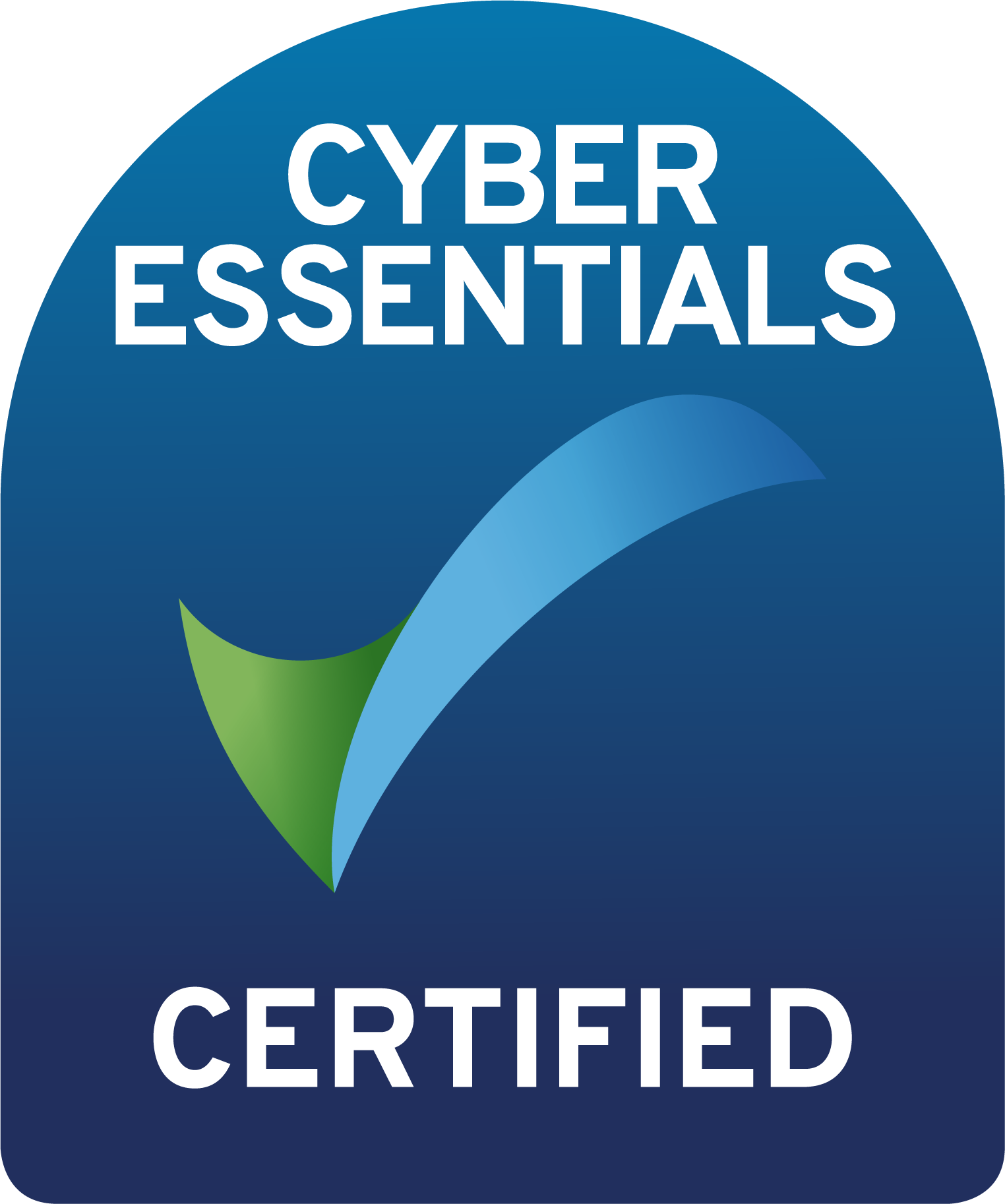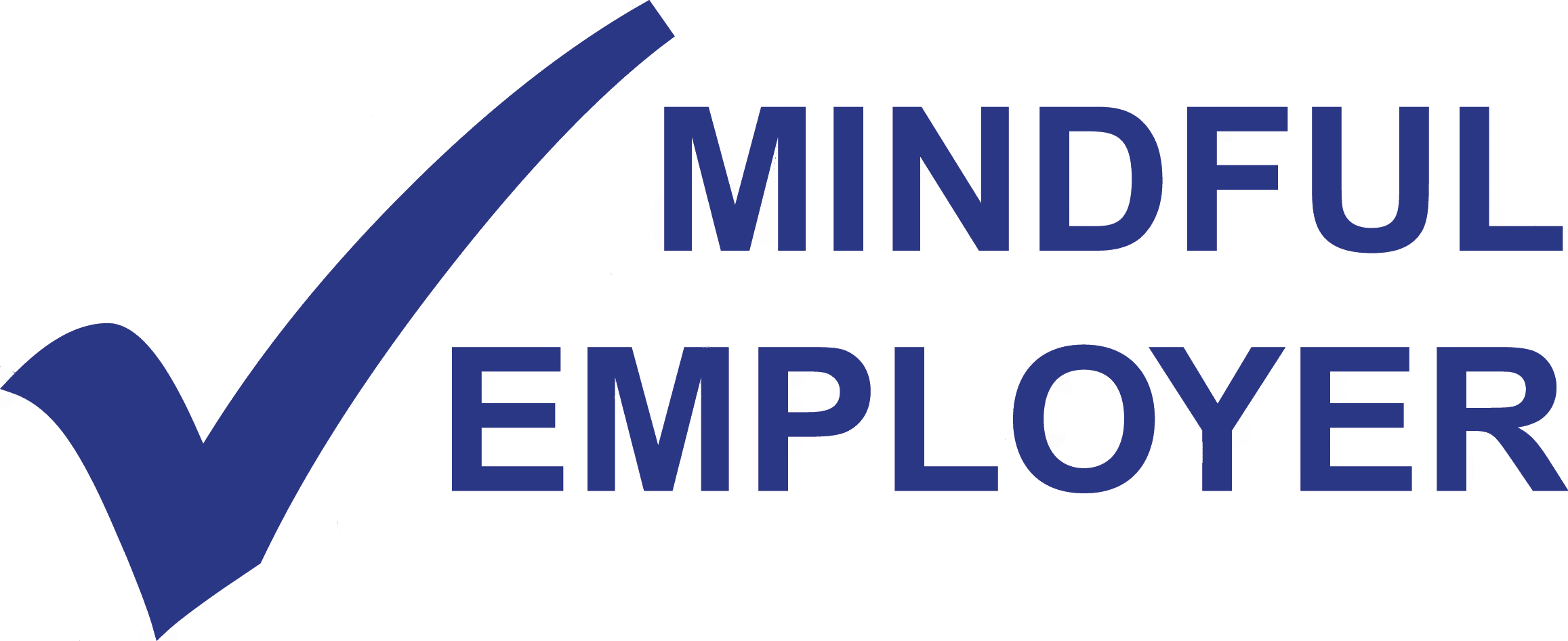What can an employer do when employees don’t engage with occupational health?
This can take the form of refusing to attend statutory health surveillance or any occupational health appointment. We also sometimes see a refusal to allow our reports to go to the employer.
What can and should the employer do in these circumstances?
Refusal to attend Statutory Health Surveillance:
Refusing to attend health surveillance appointments is a Health and Safety issue. The need for health surveillance comes from risk assessments and is a legal requirement.
It is not a “nice to have” or an optional extra.
Therefore, a refusal to attend should be treated exactly the same as refusing to attend mandatory safety training or wearing PPE.
As an employer, refusing to attend does not mitigate your risk. The first step is to find out why they don’t want to attend. We have an explanation leaflet available explaining what health surveillance is, why it is so important, and the benefits it has for employees.
If, after you have explained health surveillance to them, they still refuse to attend, then they should really be deployed away from the area of risk until such time as they engage with health surveillance.
If an employee says that they are under the care of their GP for a related condition, this doesn’t mean they don’t need health surveillance. Health surveillance is about detecting long-term trends in certain aspects of their health in relation to the hazards they are exposed to at work. For example, if they are exposed to noise, we are looking for a deterioration in audiometry over a period of years at frequencies that would indicate noise-induced hearing loss.
If health surveillance is required, it is perfectly reasonable for the employer to make attendance a condition of service.
Refusal to attend an Occupational Health Referral Appointment.
It can be very tricky when employees don’t want to attend occupational health appointments. As an employer, you want to do what is best for the employee and the business. Some companies have it written into their employment contracts that attending occupational health is required as part of their contract of employment.
However, as with most things, communication is key to explaining the reasons for the referral and the potential benefits to the recipient.
We are independent and offer impartial medical opinions on fitness for work and reasonable adjustments.
The vast majority of people we see find our advice to their employers useful and supportive. We hope the employers find the same!
Talking with the employee about their concerns to attend understanding where their anxiety is and explaining what to expect when they come and see us. We do offer explanation leaflets for who we are, who works in occupational health and what they can expect.
Our aim is to keep people in work and help people get back to work, we don’t want to stop people from working unless it would be harmful to them or others.
Refusal to allow our report to go to the employer.
When employees attend an appointment as a result of being referred by their employer, the expectation is that there will be a report back to the employer with the answers to the questions posed on the referral and advice on moving forward.
The General Medical Council (GMC) has guidance for all doctors working in Occupational Health that they must offer the opportunity for the employee to see their report prior to it being sent to their employer.
At the start of any consultation with a clinician, our consent process is explained to them, and they can see the report before it is sent to their employer. We also encourage our clinicians to write or dictate their report in front of the employee so that they are fully aware of the contents so that we can avoid a situation where an employee refuses a report to go to their employer.
If an employee wishes to see the report before it is sent to their employer, then they have two working days to view the report and either get back to us with factual changes, such as an incorrect date in their history or an incorrect spelling.
What can’t they change?
Anything else including our medical opinion/recommended adjustments etc. The report is the opinion of the clinician and therefore cannot be changed. If the employee doesn’t agree or wishes for something to be added, then they can supply us with supplementary information which will be sent to their employer along with the report to be read in conjunction with it.
If the employee withholds their consent for the report to be sent to their employer, then we always inform the referring manager of the withheld consent. We cannot contact the employee to ask why, but we would advise that the referring manager or HR contact the employee to explain that they need the report to help them manage the situation, and without it, they cannot take any medical opinion into account. For example, making reasonable adjustments for them.
Do employers have to follow Occupational health recommendations?
The simple answer is no they don’t have to follow occupational health advice as it is only advice and not mandatory. However, it wouldn’t seem sensible to ask for an expert opinion and then not follow that advice!
Employers can only implement what is reasonable for their business, so although we advise something, it may not be practical or cost-effective for the business, and that is a business decision, not an Occupational Health one.
Can employees refer themselves to Occupational Health?
We don’t accept ‘self-referrals’; however, some OH services do. A referral should be a balanced, impartial medical opinion; if the employee refers themselves, then we don’t have the information from the employer to form a balanced opinion, so neither the employee nor the employer gets the right advice.
Communication is key in occupational health. Explaining what will happen at health surveillance appointments or management referral appointments is crucial to gaining employee engagement. We offer training courses for HR and Managers in both health surveillance and management referrals. These courses are designed to help you, as an employer, get the most out of occupational health and ensure that you know your role and responsibilities.
Occupational health shouldn’t be something to fear as an employer or an employee; it is something that assists both parties in getting people back to work and keeping them in work.




